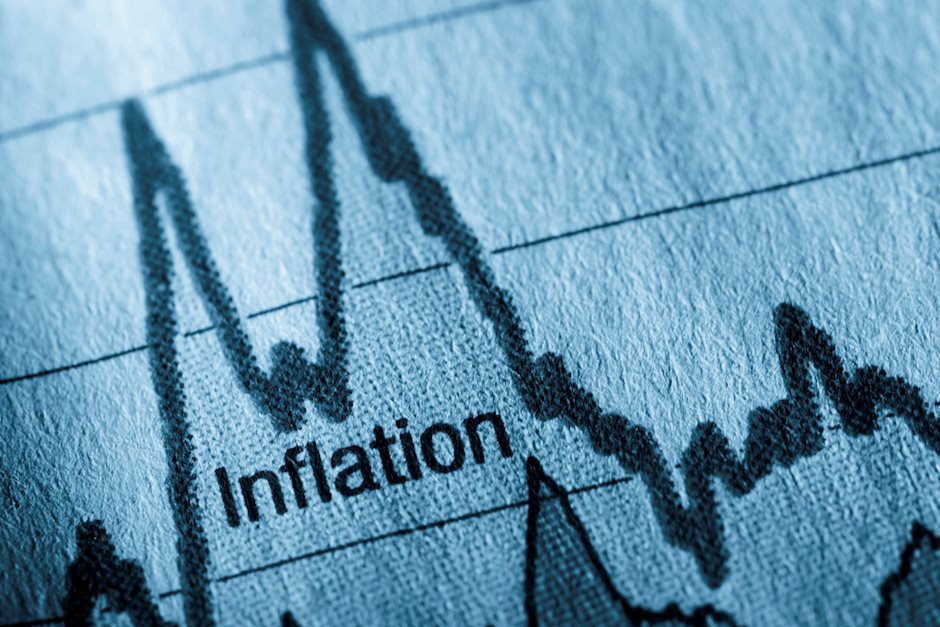Evolving thoughts on inflation - BBH

"In early 2005, Greenspan said that the fact that long-term rates were lower despite the Fed's campaign to raise short-term rates was a "conundrum." Many rushed to offer the Fed Chair an explanation of the conundrum, which given past cycles may not have been such an enigma in the first place," explain BBH analysts.
Key quotes:
"Be it as it may, at last week's press conference, Yellen admitted that the decline in inflation was a "mystery." She said, "I can't say I can easily point to sufficient set of factors that explain this year why inflation has been as low."
"However, mysterious the decline in inflation is, Yellen does not appear to be embracing a structural view that has been offered by some of Fed officials, such as Governor Brainard. Yellen is s insists that transitory factors are behind the decline in inflation and that they will diminish over time. She still sounds confident that over time, as slack in the labor market is absorbed, wages will rise, and businesses can be expected to pass on higher costs to consumers."
"Yellen is interested in a very narrow issue. The core PCE deflator rose from 1.25% in July 2015 to nearly 2% in H2 16 and has subsequently fallen to 1.4%. This is Yellen's focus. As core inflation firmed, the Fed was feeling more confident about removing some accommodation. By June, opinion frayed. The decline in inflation become more concerning for more Fed officials."
"Many have offered to resolve Yellen's mystery. They cite structural factors, like globalization, demographics, and technological disruptions. The arguments are fine and good but are beside the point. These structural arguments do not explain the recent decline: why the core PCE deflator stood near 1.8% last July and only 1.4% this past July (the most recent reading, until the August report on September 29). It is not very satisfying to receive a long-term structural explanation for a short-term phenomenon."
"Some economists have taken a look at the basket of goods and services and found that air travel, apparel, and used car prices have dragged the core measure lower. The appropriate level of analysis is not the integration of China and the former Soviet Union into the market economy. It is not about the Baby Boomers retiring, or unfolding of Moore's Law."
"The chief economist at the BIS, Borio offered his take in a speech last week. He focused on the factors that seemed to have broken down the old relationship between economic activity and prices. Borio offers a clear and compelling explanation: Globalization. The establishment of global value chains and the entry of low-cost producers and their cheap labor into the market economy is at the center of his explanation."
"The Financial Times' Davies see Bario at odds with Yellen. Davies makes it sound that protocol prevented Bario from criticizing Yellen directly for not accepting the structural arguments. But we suggest Bario and Yellen are looking at different things. Bario is looking at the long-term decline interest rates and inflation. Yellen is looking at the last several months. "
"Moreover, the agreement between Yellen and Bario is of greater significance. The policy prescription is the same, though they arrive at it somewhat differently. Yellen argues that the transitory nature of inflation depressants suggest the Fed should look past them and maintain its course of gradually removing accommodation."
"Bario argues that the disinflationary forces, emanating from globalization and technological advances are benign. Officials should accept greater deviation from their point targets of inflation and allow greater time to reach the targets. In the meantime, Bario argues central banks should put more weight on financial stability. Ironically, and Davies sees this, the immediate policy prescription of Yellen and Bario is the same. Continue to raise rates gradually."
Author

Eren Sengezer
FXStreet
As an economist at heart, Eren Sengezer specializes in the assessment of the short-term and long-term impacts of macroeconomic data, central bank policies and political developments on financial assets.

















